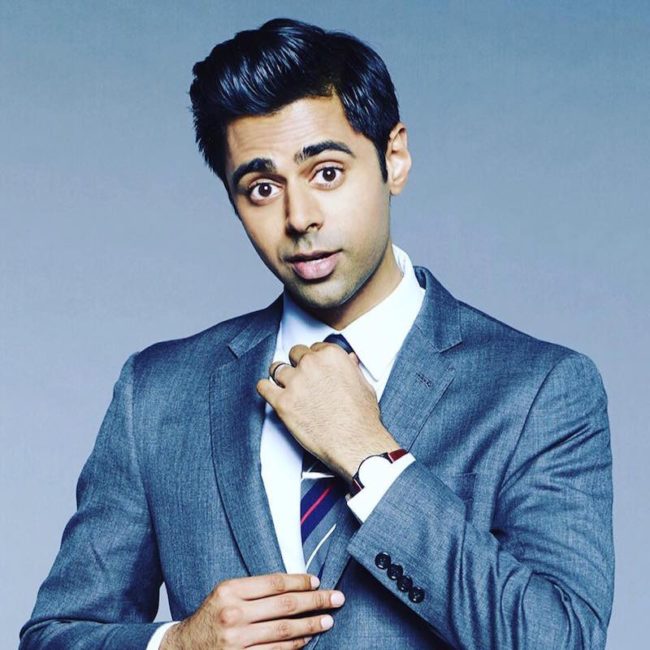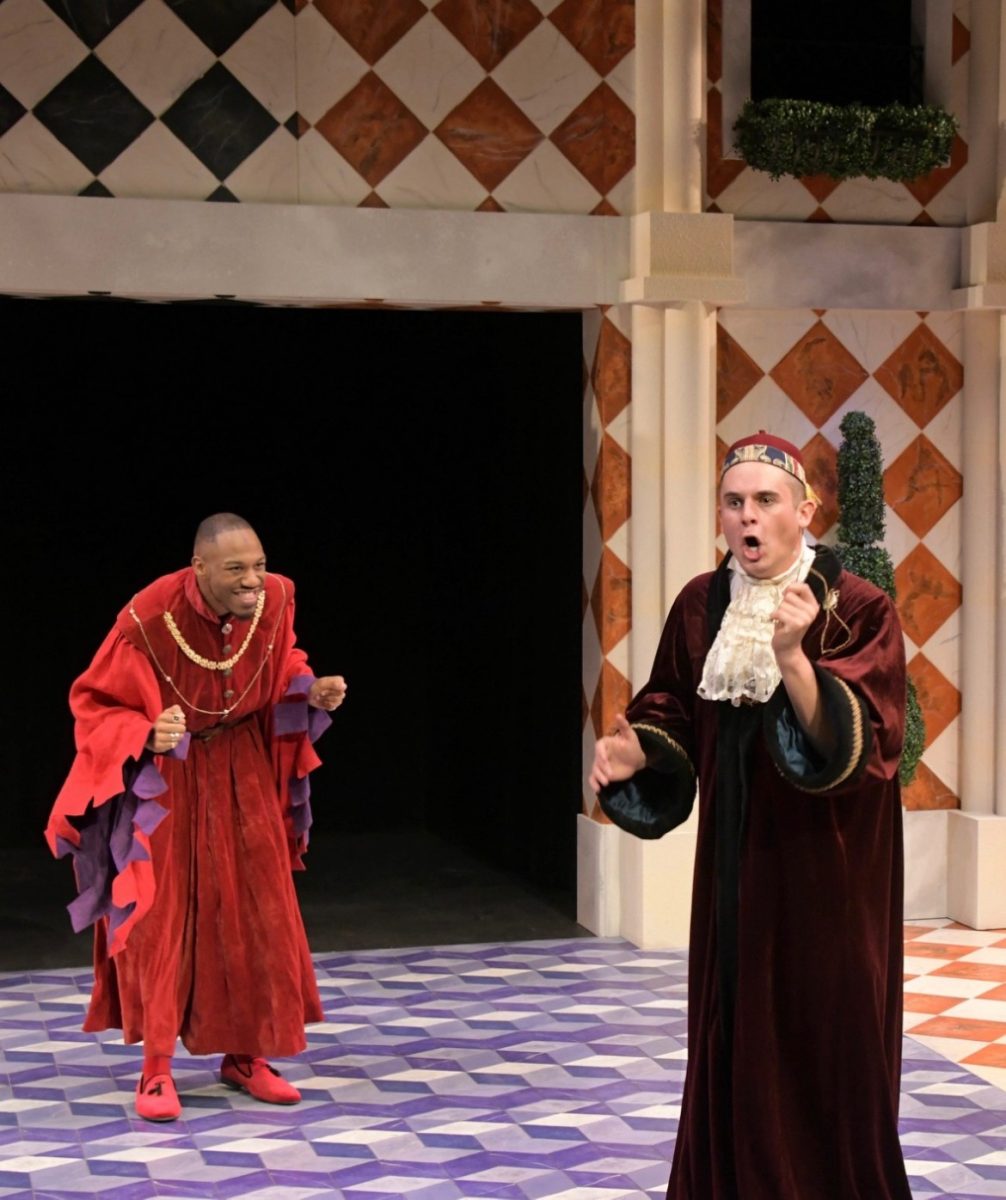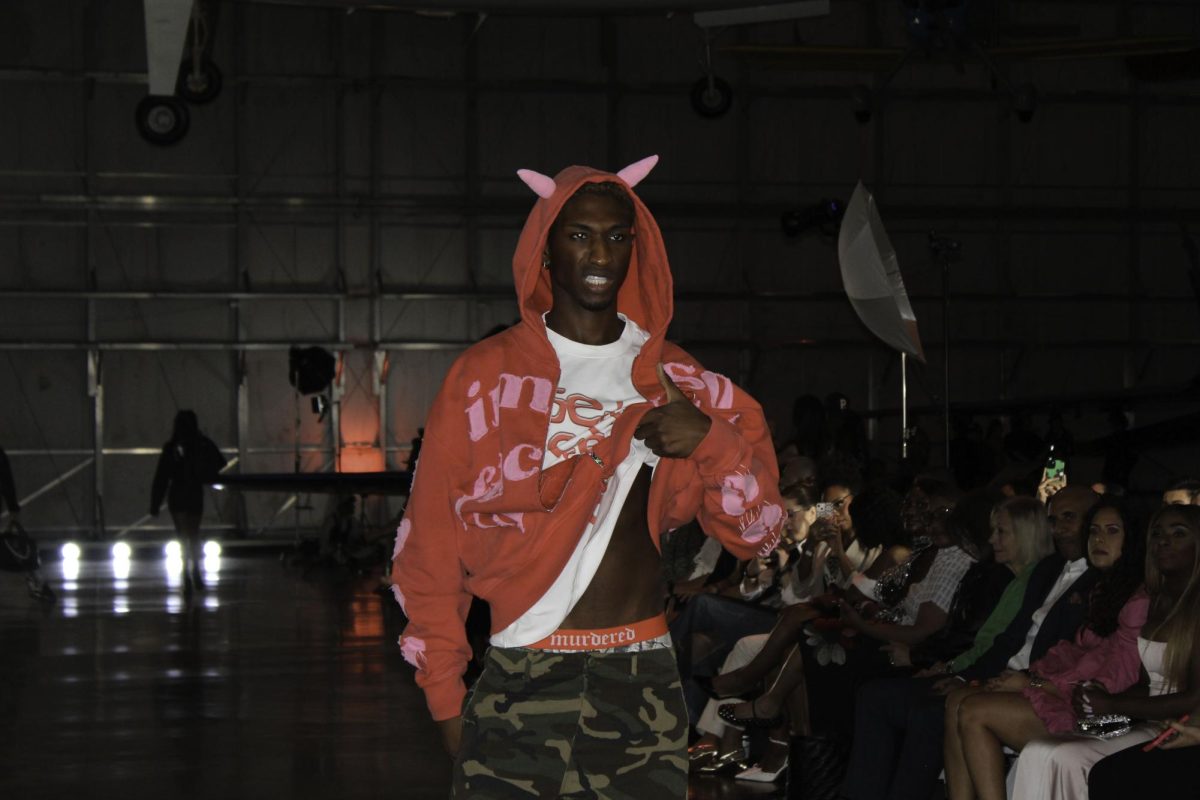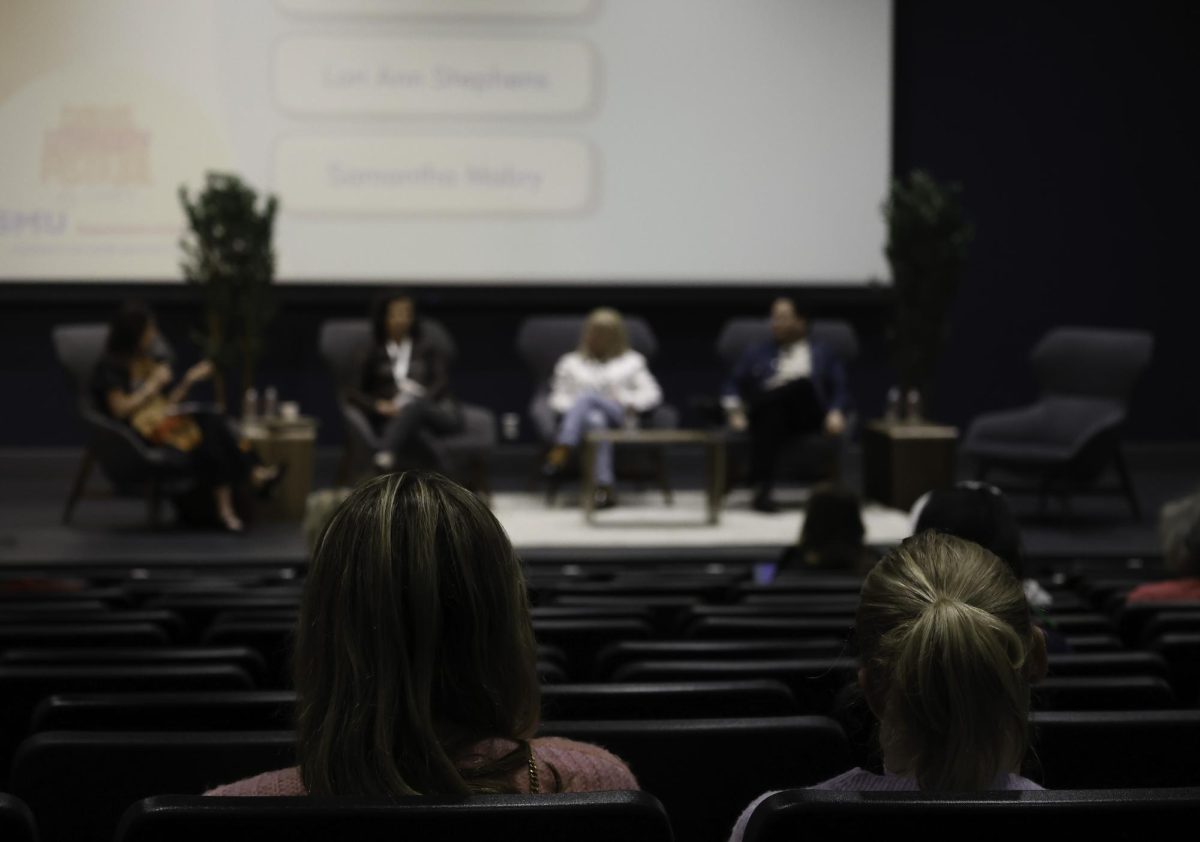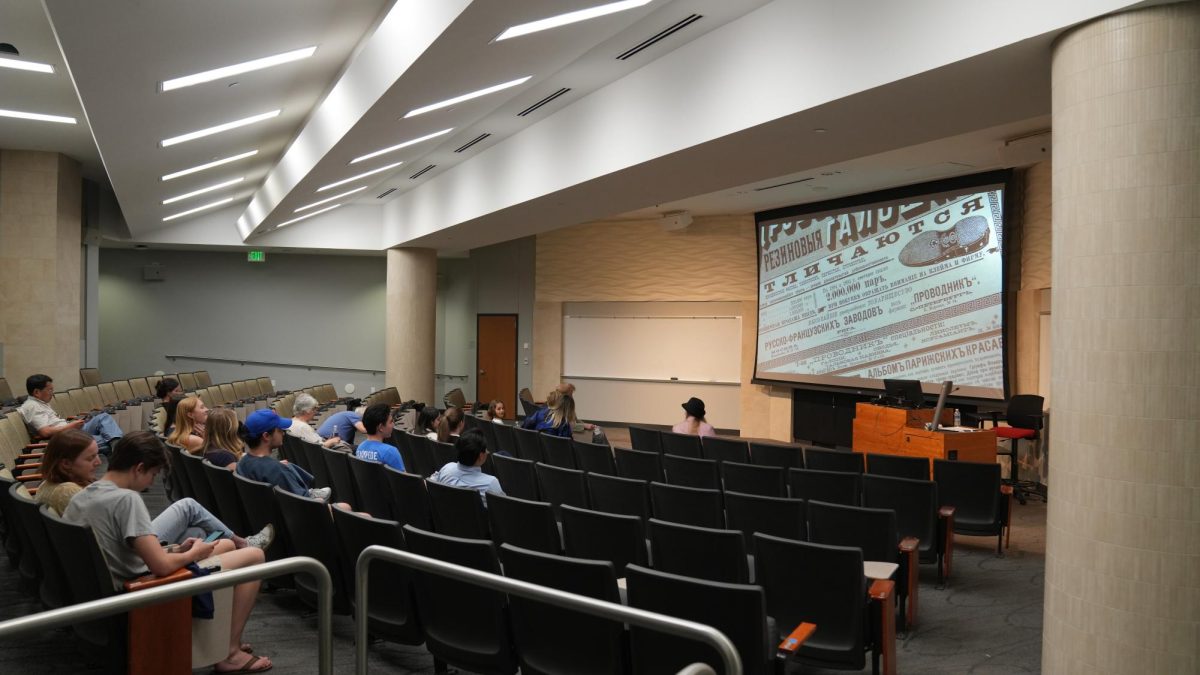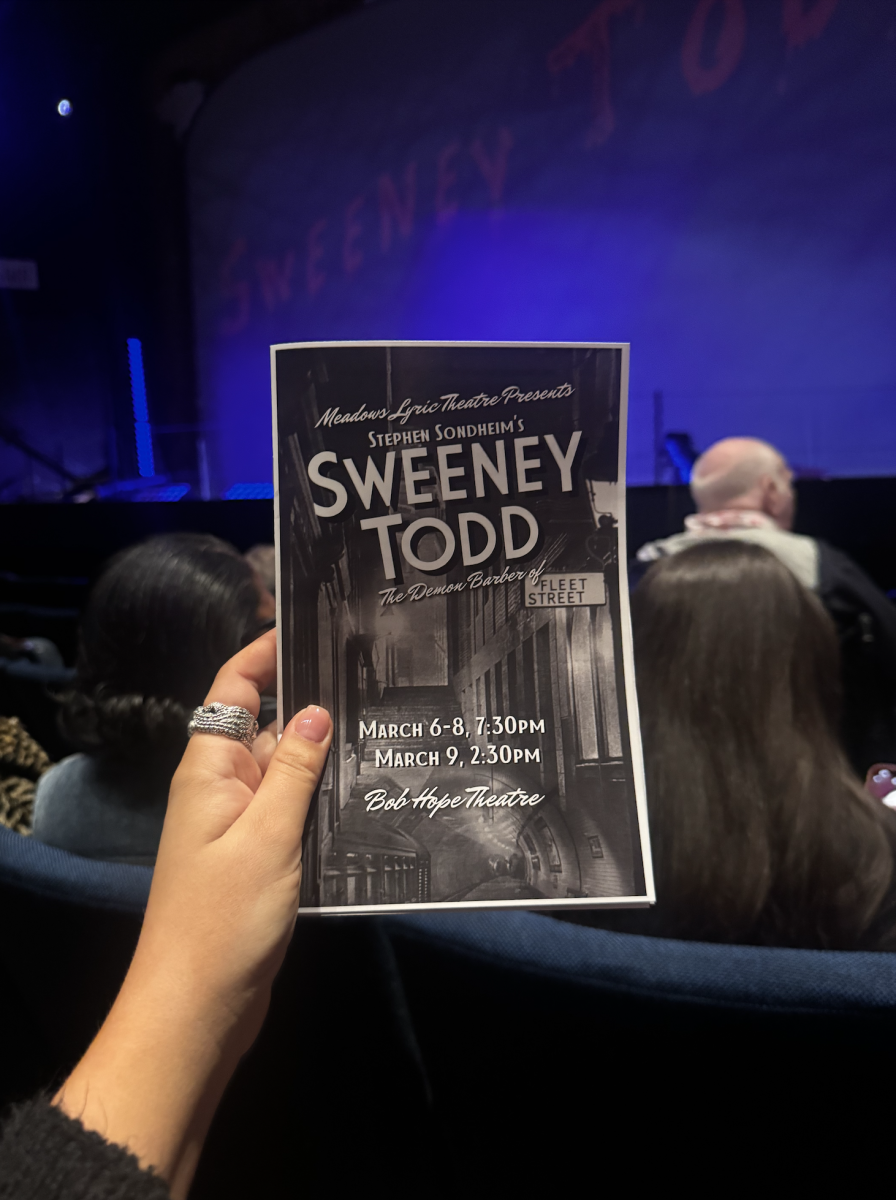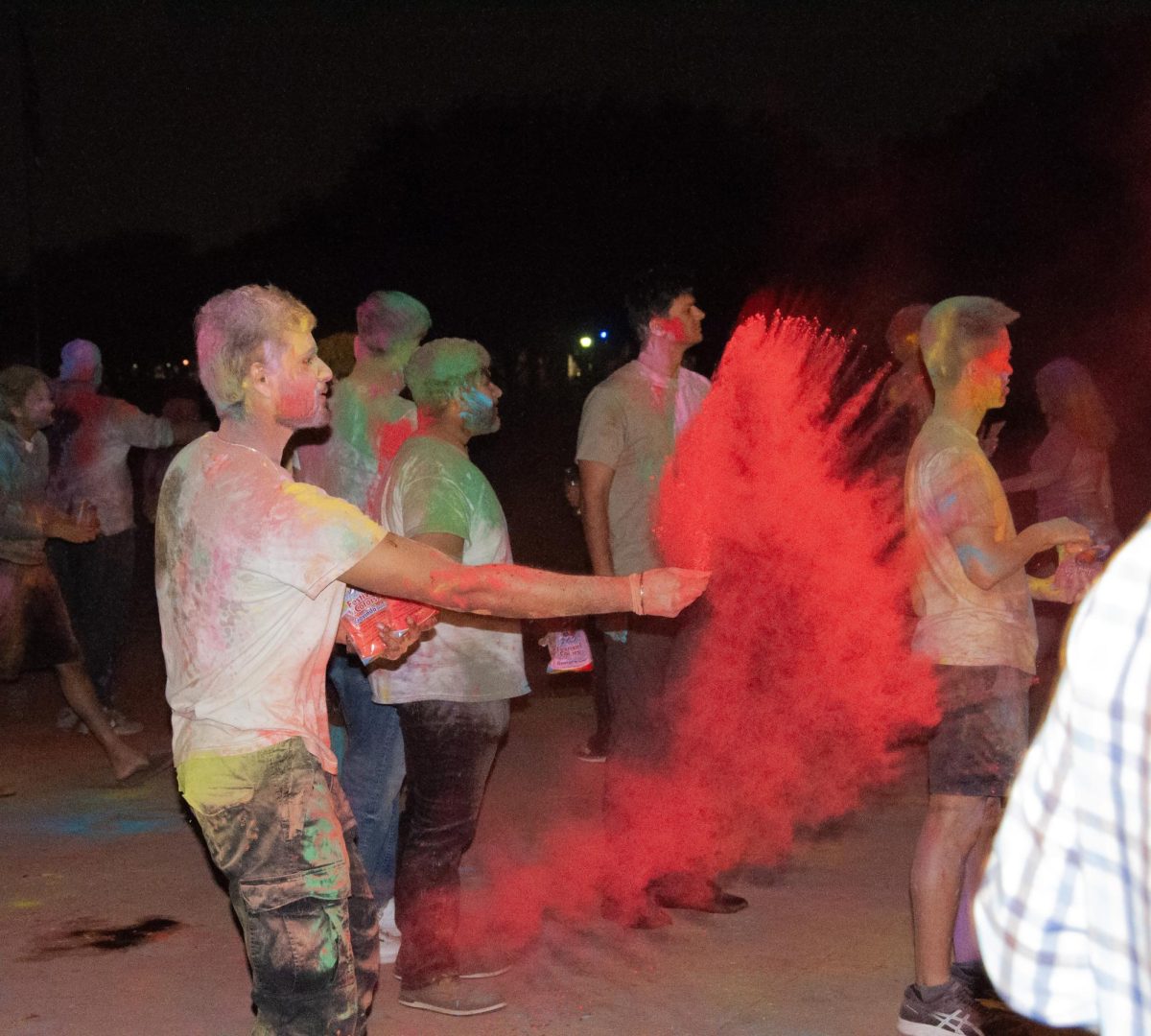The undeniably historical 2016 presidential election continuously fills news headlines. In particular, “The Daily Show” with Trevor Noah is working around the clock to keep up with the candidates and the events that follow in their wake. Doing this is a full-time job, but luckily, correspondents Roy Wood Jr. and Hasan Minhaj, were able to get on the phone and answer some questions from college students around the country.
UC Irvine: Hey guys, we wanted to ask how you feel about the rise and fall of Ken Bone?
Roy Wood Jr.: Has Ken Bone fallen yet?
UC Irvine: Yeah, he’s fallen.
RWJ: Ken Bone doesn’t fall; he lies in wait to make his next move. He’s like a political Chuck Norris. He’ll be the guy we go to for future decisions. Like if we’re undecided between Coke and Pepsi, we’ll go to Ken Bone. This is only the beginning of Ken Bone.
Boston University: How are you guys using comedy to make this election a little less heavy than it might be?
RWJ: I think comedy is a force to help people keep their sanity in the midst of all this, otherwise you look up and it’s literally a madhouse. I think the beauty of comedy is that it reminds you that you’re not alone in feeling a certain way. You can laugh with people.
Hasan Minhaj: You know what’s crazy? We were at the DNC and I saw E! News and VH1 there; what’s wild is that political culture has become popular culture and that wasn’t always the case. It was never a thing that E! News would be covering. But now I think because the GOP ran itself like a high school election where the more popular kids could or basically someone infamous ran for president, now it’s one of those things where it really is a free-for-all.
Georgetown: You guys have been doing this for a very long time and you’ve probably covered races and elections that are more national and things that are more local, so my question is what story have you covered that left the biggest impact on you and why?
RWJ: I think the story that left the biggest impact on me was the police bias piece I did with Jordan Klepper last year because, surprise, everything we found was a multi-pronged issue. You had the communities receiving it one way, the police receiving it another way, and then you have the lawmakers who are supposed to help protect it and it really opened my eyes to just how complicated of an issue it is and how unclear the solution is.
HM: I did one piece on Ban the Box, which is like an initiative that basically removes the box on job applications that indicates whether or not you’ve served time. I think the story is really important because there are a lot of guys and gals who were involved in the criminal justice system and, because of that box, are not given a fair shot at employment.
Massachusetts Institute of Technology: A lot of the material that we’re seeing today is actually pretty scary, depressing or serious. I wanted to know your opinion on whether you see comedy as a way to make things lighter and make people forget or actually draw attention to these issues?
RWJ: I think comedy is a safe entry point into serious discussions. By keeping it lighter, you make the conversation more palpable and more productive in my opinion. I feel like everybody doesn’t want to be barked at.
Southern Methodist University: You guys work for a show on Comedy Central that’s very funny, but you also report real news. Is it ever tough to walk the line between the comedy aspect and the journalism aspect of what you do?
RWJ: For me, you just said it in the question. You know, we’re a comedy show first. There must be jokes and somewhere in there I think, even if it’s not right on the day when something happens, there’s a joke in there somewhere. I mean of course we’re not going to be first in the door to crack jokes about something, but within any tragedy you’re going to find a politician who put their foot in their mouth; I think therein lies the ridiculousness and that’s where we pounce. The M.O. of “The Daily Show” has never been to report hard news and figure out the jokes later. I think first and foremost our job on this network is to make you laugh.
Cedar Hall: Do you think millennials should vote? And if so, what are you going to do to encourage them to vote?
RWJ: I think yes millennials should, everyone should vote — voting matters. There’s nothing more powerful than that and even in a system that has its flaws, there’s strength in numbers. I think the thing that we can do as a show is, if nothing else, give people the power of information.
HM: This democracy thing — do not take it for granted. We are a very lucky 350 million people. I know you want to crack jokes and put doggy filters on Snapchat, but the shit in Syria is not funny, the shit in Aleppo, Pakistan is not funny, places where elections literally just get thrown and really are rigged. So despite all the leaks and despite all the stuff that you’re reading about, it is a flawed system but it’s the best operating system currently in the market where there’s tremendous flexibility for change. America’s lack of rigidity is pretty dope. Please do not take it for granted.



